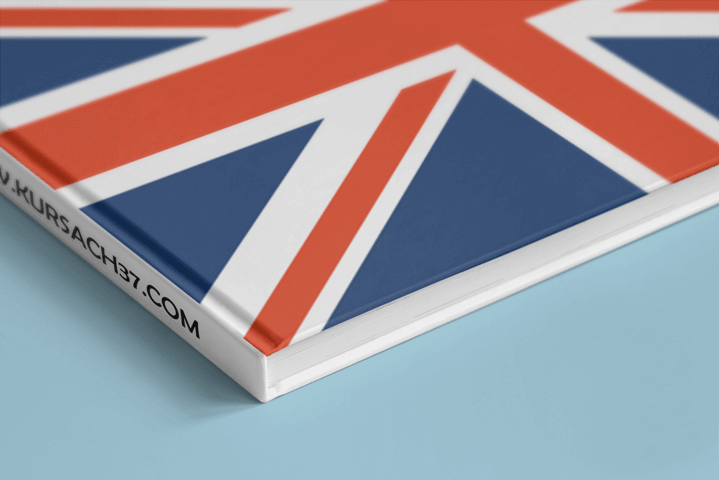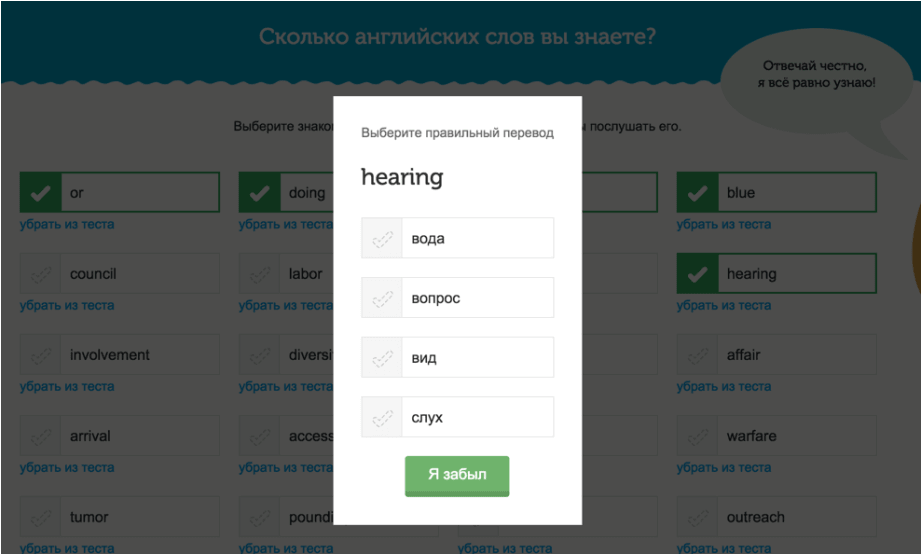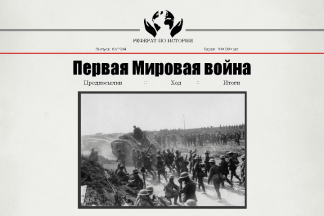- Есть вопросы?
- 8(961)1155384
- zakaz@kursach37.com
Контрольная работа по Английскому языку

Задание № 1.
Определите, какой формой выражено каждое предложение :
a) Indefinite Tense, b) Continuous Tense, с) Perfect Tense, d) Perfect Continuous Tense..
1. People use mathematics in all branches of science. A
2. People applied scientific methods in many everyday activities. A
3. He has found the answer to the problem. C
4. At the moment those specialists are collecting data about programming control. B
5. Scientists require very strong evidence before they accept a theory. A
6. During the whole of last year those specialists were studying new materials. B
7. We have just read his article. C
8. They came late last night. A
9. At 11 p.m. he was still watching TV. B
10. He never uses a computer for calculations. C
11. They will be back very soon. A
12. I have never been abroad C
13. In summer we usually spend much time in the open air. A
14. She has been studying English since childhood. D
15. They had been walking in the park for three hours before they saw Mr. Pickwick D
16. The secretary had typed all the documents by 3 p.m. C
17. It has been raining for a week. D
18. The sun was shining all day yesterday. B
19. How long have you been waiting for me? D
20. This scientist is working out a new economic reform now. B
25. She will bring you the book tomorrow. A
26. We never played golf on Monday. C
Задание № 2.
Выберите предложения, в которых сказуемое выражено формой страдательного залога:
1. People usually use the decimal system for scientific purposes.
2. The engineer showed the workers a new type of equipment.
3. The engineer was shown a new type of equipment.
1. People must obtain accurate results from controlled experiments.
2. Several possible solutions will be chosen by the scientists of our department.
3. The problem was very difficult for solving.
1. They will stage this play at the beginning of next season.
2. This play will have been staged by the beginning of next season.
3. They are to stage this play at the beginning of next season.
1. I have already translated the whole text.
2. The text was translated a week ago.
3. I will be able to translate this text without using a dictionary.
1. They are building a bridge over the river now.
2. The bridge is being built over the river now.
3. They will have built the bridge over the river by spring.
1. There is a new cinema near my house .
2. They are going to build a new cinema.
3. A new cinema is built near my house.
1. We have already received your telegram.
2. The telegram was already received.
3. We will receive a telegram in an hour.
1. They are watching a new film now.
2. A new film is being watched now.
3. They have already watched this film
1. This electronic equipment has been designed for speeding up production.
2. Scientists design this equipment to speed up production.
3. Scientists say this equipment speeds up production.
1. In his report he referred to the article published in 2000.
2. The article, you are going to refer to, made a deep impression on me.
3. This article is often referred to.
1. You should discuss the possibility of new negotiations.
2. The possibility of new negotiations is being discussed now.
3. They are discussing the possibility of new negotiations.
1. We shall sign the contract on Monday.
2. The parties have just signed the contract.
3. The contract has just been signed by the manager.
1. It has been cold today.
2. The book has been returned to the library.
3. The book has to be returned to the library.
1. The sum paid to the cashier was in ten-dollar bills.
2. The sum was to be paid within three months.
3. The sum was paid within three months.
1. He is always glad to see you.
2. He is always invited to the theatre.
3. He is to meet me at the station.
1. The work was completed yesterday
2. You are to complete the work as soon as possible.
3. He had completed the work before the director came.
1. The chapter to be translated is very difficult.
2. The chapter was still being translated when I came back.
3. I have been translating the chapter for two hours.
1. They are ready to invest some money in your business.
2. His money was invested in this project.
3. The money invested by you helped us very much.
1. She visits Paris very often.
2. Paris is visited very often.
3. She is not going to visit Paris this year.
1. The letter is being typed now by the secretary.
2. The secretary has just typed the letter.
3. The secretary types many letters every day.
1. She was told the news when she returned home.
2. It is necessary to tell her the news when she returns home.
3. They must tell her the news by all means.
Задание № 3.
Выберите правильный вспомогательный глагол:
1…. they discussed your essay yet? 3
2. …he enjoy the play at the theatre yesterday? 4
3. … they leaving Moscow for Paris on Saturday? 9
4.When . . . the device be tested? 5
5. … there anybody in the library now? 10
6. … you discussing an interesting subject, when I came into the room? 11
7… you phone me when you return? 5
8. … this product produced at your plant a year ago? 11
9. … it cold today? 10 9. are
10. …they often invited to participate in the contest? 1
11. … he in the office now? 10
12. … he published his book by the end of the last year? 2
13. … he been told the news before we learned about it? 2
14. … it been hot for a long time? 6
15. … she come and see me tomorrow? 5
16. … I forgiven? 11
17. … there anything interesting in the magazine that you were reading so attentively? 11
18. How long … they been working at the problem, before they got any results? 3
19. … I asked to come again? 11
20. …she know anything about it now? 7
21. … he settled the matter yet? 6
22. … you still doing your homework? 9
23. … he leaving tomorrow morning? 10
24. … she ever been to Rome? 6
25. What time … you usually go to bed? 8
1. were
2. had
3. have
4. did
5. will
6. has
7. does
8. do
9. are
10. is
11. was
12. am





